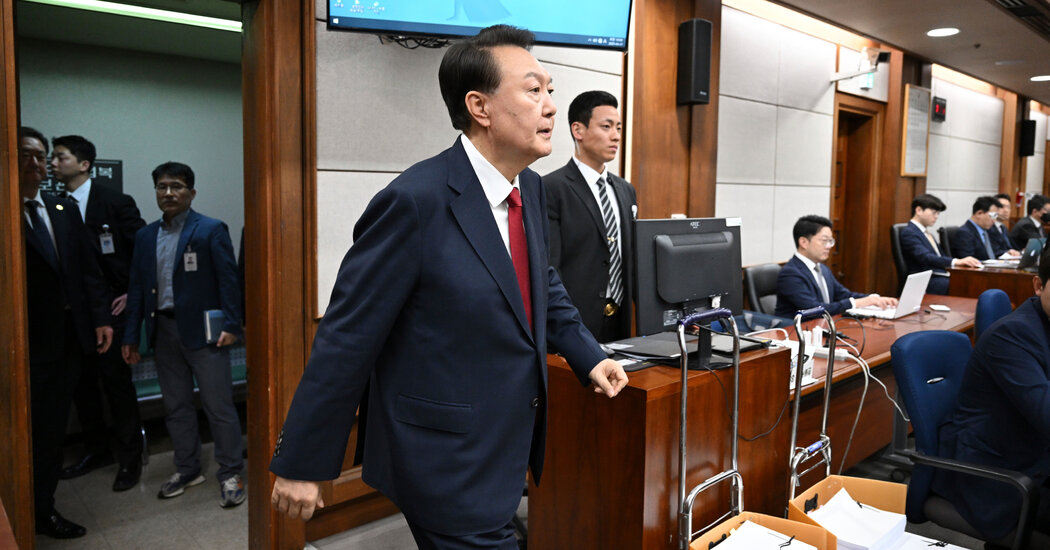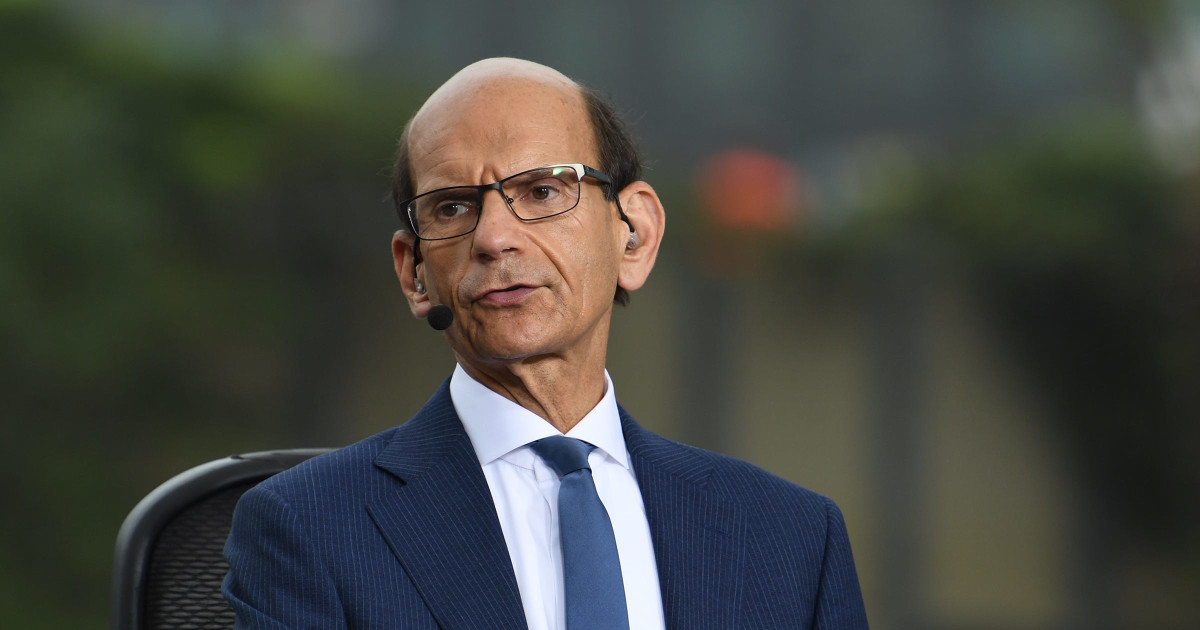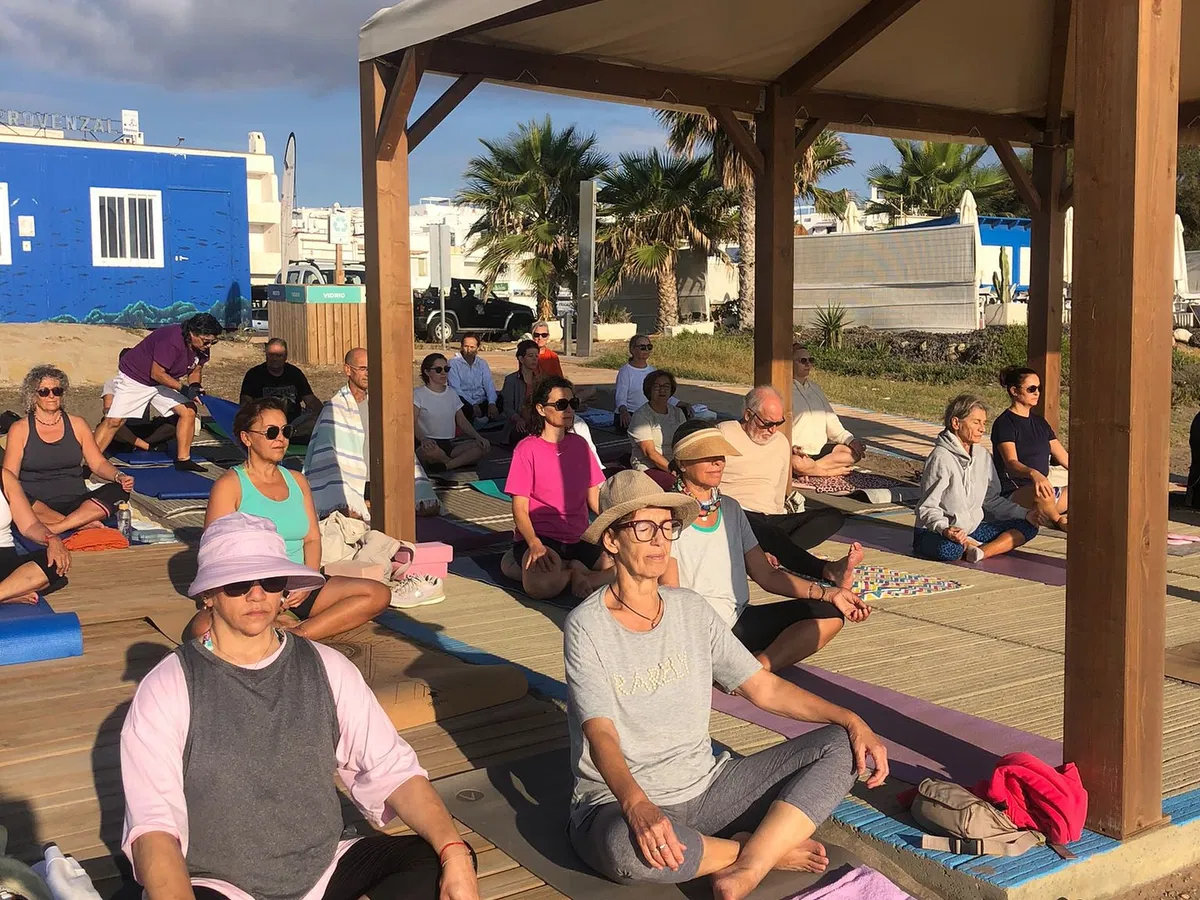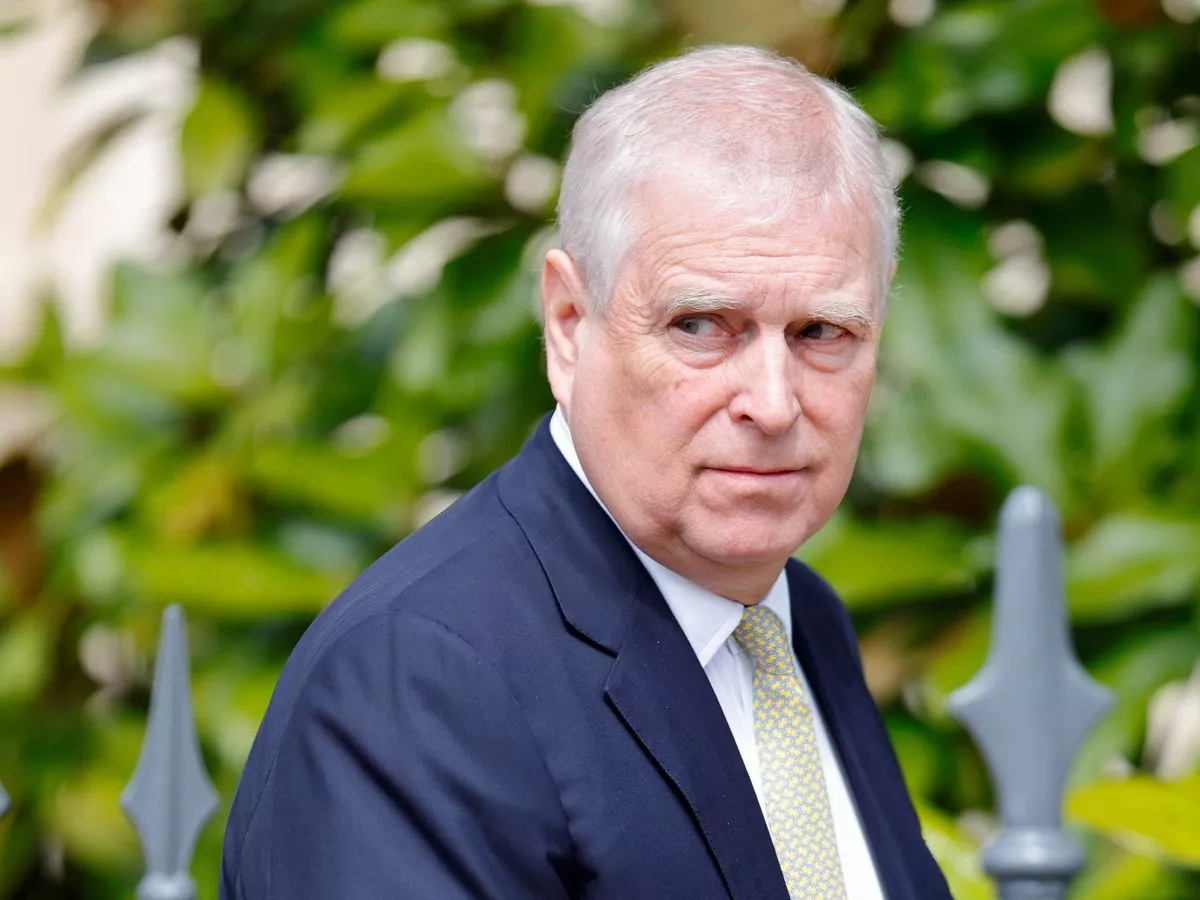Copyright The New York Times

A South Korean special counsel on Monday charged the ousted president, Yoon Suk Yeol, with ordering military drones to fly over North Korea in an attempt to trigger instability on the Korean Peninsula to justify imposing martial law last year. The special counsel’s office made the formal accusation while indicting Mr. Yoon on Monday on a charge of harming the military interests of South Korea. If convicted on the charge, he could face three years to life in prison. Two of Mr. Yoon’s key collaborators on the martial law call — his former defense minister, Kim Yong-hyun, and his former counterintelligence commander, Lt. Gen. Yeo In-hyong — were also indicted on the same charge. The three have already been on trial on insurrection charges stemming from Mr. Yoon’s attempt to place South Korea under military rule. Mr. Yoon unleashed South Korea’s biggest political crisis in decades when he declared martial law on the night of Dec. 3 and sent armed troops into the National Assembly, arguing that the drastic measures were needed to eliminate “anti-state” forces in the opposition-controlled Parliament. But he was forced to cancel martial law a few hours later when citizens rushed to the National Assembly and stymied the troops ordered to enter the building while lawmakers voted down his attempted military takeover. Mr. Yoon has since been impeached by the Assembly and arrested and indicted by prosecutors. In April, he was formally removed from office by the Constitutional Court. After South Korea elected Lee Jae Myung, the main opposition leader, as Mr. Yoon’s replacement, in June, the National Assembly passed a bill to appoint a special counsel to launch a more extensive investigation into Mr. Yoon’s martial law. One of the most volatile questions the special prosecutor’s team has since investigated has been whether Mr. Yoon and his collaborators sent drones across the inter-Korean border to instigate armed conflicts with North Korea and to use any resulting instability as an excuse to declare martial law. In October last year, North Korea accused South Korea of sending unmanned drones over its capital city, Pyongyang, and threatened military action if the flights continued. North Korea said the drones dropped “numerous leaflets full of political propaganda and slander” against its leader, Kim Jong-un, and published photos of what it called a crashed South Korean drone. At the time, South Korea neither denied nor confirmed North Korea’s allegation, but Pyongyang took no further actions. In a media briefing on Monday, Park Ji-young, one of the special counsel’s deputies, said investigators had found evidence that Mr. Yoon and his collaborators had conspired to send military drones to provoke North Korea “for the purpose of creating an environment for declaring martial law.” “They harmed the military interests of South Korea by increasing the danger of military clashes between South and North Korea,” she said. Ms. Park unveiled what she called confidential memos that investigators found in Lt. Gen. Yeo’s smartphone. One memo, created last October, called for creating “instability” by making North Korea “lose face” by hitting sensitive targets in the country, including Pyongyang, its nuclear facilities and Mr. Kim’s vacation homes. “The end state should be a low-intensity, routinized drone conflict,” the memo stated. That, according to the memo, meant that both Koreas would deploy drones on reconnaissance missions or to scatter propaganda leaflets and “shoot them down” if they violated each other’s airspace. Mr. Yoon, Mr. Kim and Lt. Gen. Yeo, were in prison while they stood trial on insurrection charges. They had previously denied the allegations involving drones and did not issue new statements on Monday. Mr. Yoon’s lawyers had earlier said that he was not even aware of the drone operations when they took place. South Korean officers in the military’s drone operations command have said that they were ordered to fly drones over Pyongyang between October and November last year. They said they did not know their operations had anything to do with the martial law Mr. Yoon declared weeks later. They said they only suspected that their operations were probably meant to retaliate against the drones and trash balloons North Korea had earlier sent over South Korea. The special counsel’s office said on Monday that it had found no evidence that those lower-ranking officers were involved in Mr. Yoon’s plot.



